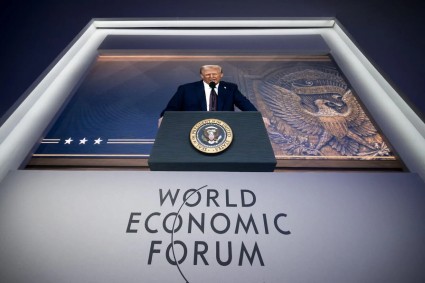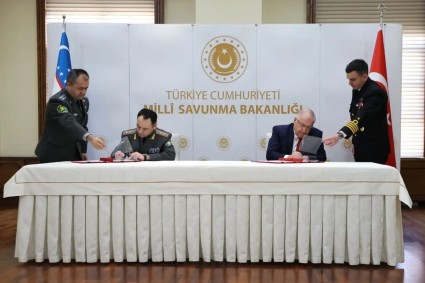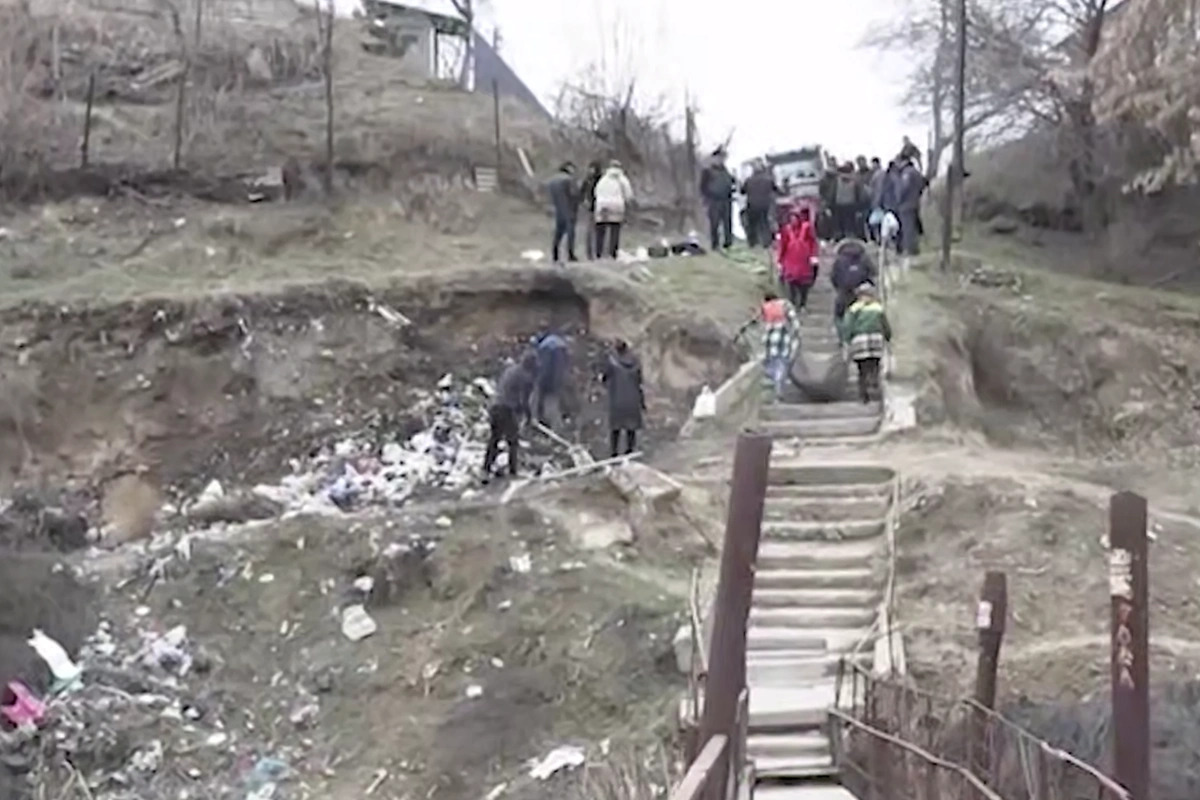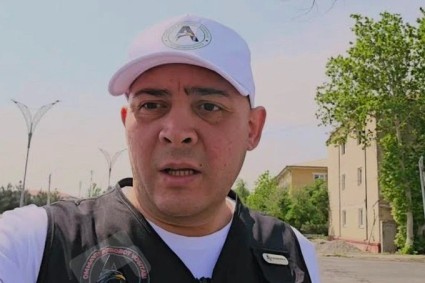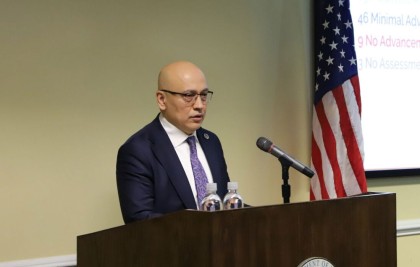The Uzbek government during President Shavkat Mirziyoyev’s first year in office has taken some positive steps to improve the human rights situation, but should now transform them into institutional change and sustainable improvements, Human Rights Watch said today.
The findings are based on Human Rights Watch’s first in-country research in seven years, including meetings and interviews with government officials, civil society activists, former political prisoners, and ordinary citizens.
Mirziyoyev’s administration should make fulfilment of its international human rights obligations a hallmark of the country’s new political era, Human Rights Watch said. The Uzbek government should send a clear message that peaceful criticism of government policies – whether by rights activists, journalists, artists, or religious believers – will not merely be tolerated but genuinely valued in Uzbekistan’s transition to a more open and democratic society.
Last month, Human Rights Watch met with a wide spectrum of government officials and interviewed civil society activists, former political prisoners, relatives of current political prisoners, as well as ordinary citizens in Tashkent and other cities in Uzbekistan. The findings highlight the positive steps the Uzbek government has taken to improve the human rights situation and identify the key concerns it should urgently address to make improvements sustainable.
Mirziyoyev assumed the presidency in September 2016, following the death of the first President Islam Karimov in late August. Since then, the Uzbek government has released at least 16 political prisoners, relaxed certain restrictions on free expression, removed citizens from the security services’ notorious “black list,” and increased the accountability of government institutions to citizens. It has also banned the forced mobilization of teachers, doctors, and college students to labor in fields for the annual cotton-picking season.
These moves – coupled with currency reforms and a foreign policy pragmatically focused on repairing relations with Uzbekistan’s immediate neighbors Kazakhstan, Kyrgyzstan, Tajikistan, and Turkmenistan – have contributed to a sense of hope in Uzbekistan about the possibility for change not witnessed in many years.
President Mirziyoyev’s conscious attempt to break with the legacy of his predecessor is probably best exemplified by the extensive network of presidential reception centers established across the country, which have the specific task of responding to individual citizens’ grievances. For instance, Gulnora Ikramova, a long-time rights defender, explained that while the centers are not addressing serious rights abuses, they have, to her knowledge, on occasion proven effective in addressing everyday social, communal, and practical issues of citizens that had long been ignored during Karimov’s reign:
Many social problems that lingered for years have now been resolved quickly by the [presidential reception] centers.
Mirziyoyev has also been willing to acknowledge the persistence of human rights abuses even on the international stage. The president’s highly publicized National Development Strategy for 2017-2021, which is invoked regularly in official discourse and slogans that are prominently displayed, includes pledges to improve public administration, strengthen protections for vulnerable segments of the population, and liberalize the economy, as well as new legislation to strengthen judicial independence.
The Uzbek government has emphasized judicial reform as a priority under the National Development Strategy and has adopted two recent presidential decrees – one in October 2016 and the other in February 2017 – designed to increase independence of the judiciary. In February, the government introduced a new institution – the Supreme Judicial Council – a body of the judiciary that, among other things, appoints, supervises, and disciplines or dismisses judges working in courts below the Constitutional and Supreme Courts and several other key courts. The decrees also put in place a system under which judges may gradually move to tenured appointments, increasing their independence from the executive branch.
While the extent to which these measures will improve citizens’ experience of justice in the court system remains to be seen, they have edged Uzbekistan’s judicial practices more closely in line with international standards outlined in the UN Basic Principles on the Independence of the Judiciary. Another amendment introduced in April reduced the time arrestees could be held in pretrial detention prior to a court hearing, from 72 to 48 hours, fulfilling a long-standing recommendation by the UN Human Rights Committee and the Committee against Torture.
The UN High Commissioner for Human Rights, Prince Zeid Ra’ad Al Hussein, visited Uzbekistan in May 2017 – the first ever such visit by a high commissioner for human rights to Central Asia – signaling a willingness on the part of authorities to engage more closely with UN human rights bodies Also, in October 2017, the UN special rapporteur on freedom of religion or belief made an official visit to Uzbekistan, the first such visit by a UN human rights thematic mandate holder to Uzbekistan in 15 years.
During Hussein’s visit, Tashkent agreed to resume cooperation with the high commissioner’s regional office in Bishkek. In public comments Hussein commended Mirziyoyev for his stated commitment to reforms and urged him to follow through on releasing wrongfully imprisoned activists, cooperate with UN human rights monitors, end forced labor, and lift restrictions on media. Later, the Uzbek government announced it would allow a permanent representative of the Office of the High Commissioner for Human Rights to be based in Tashkent. There are 13 other UN mandate holders with outstanding requests to visit Uzbekistan who have been refused access since 2002, including the special rapporteurs on torture, the situation of human rights defenders, and the independence of lawyers and judges.
In his speech to the UN General Assembly in September 2017, Mirziyoyev expressed the goal to build “a democratic state and a just society” where “human interests come first.” Mirziyoyev added: “We are deeply convinced that people must not serve government bodies, rather government bodies must serve the people.”
This is a real moment of hope for the human rights of the Uzbek people. The key is for the Uzbek government to transform the modest steps it has taken thus far into institutional change and sustainable improvements. The Uzbek government should consolidate the country’s new political era by acting to fulfil its international human rights obligations.


